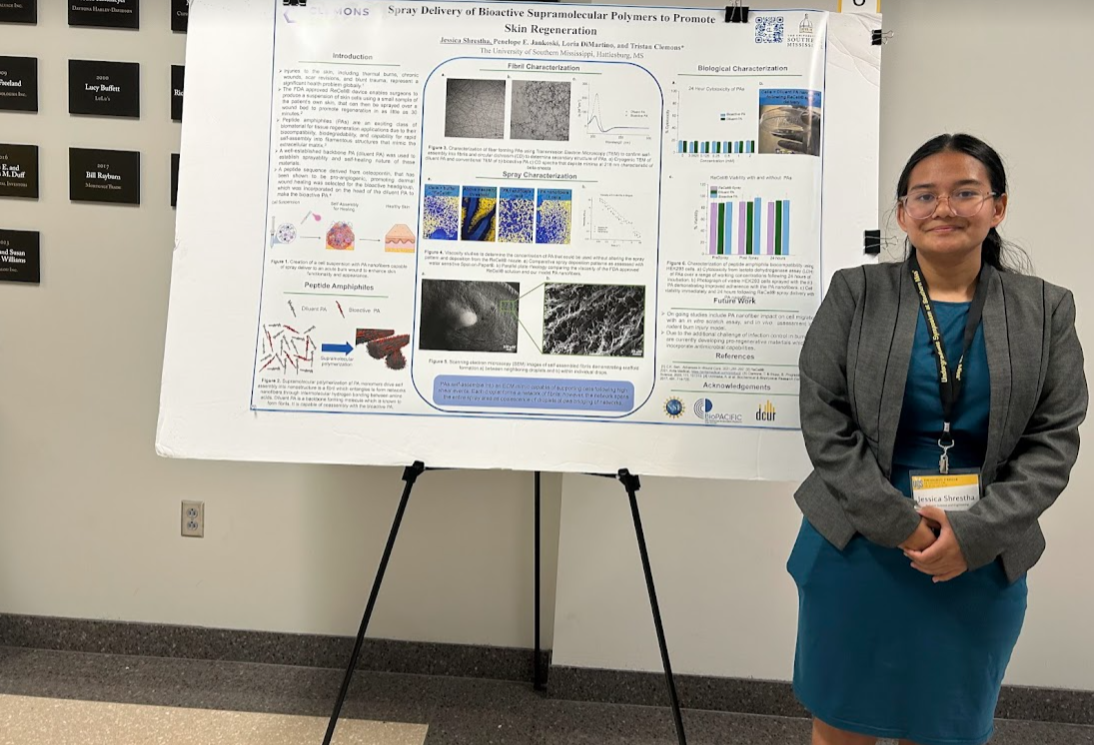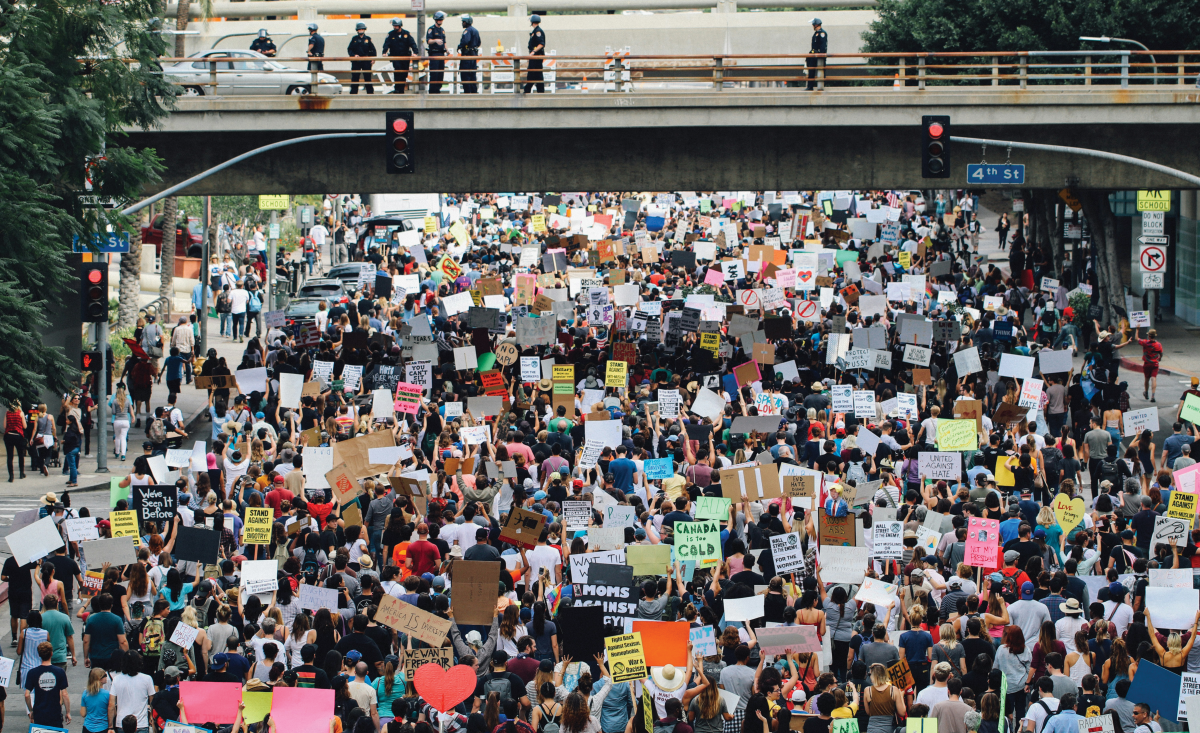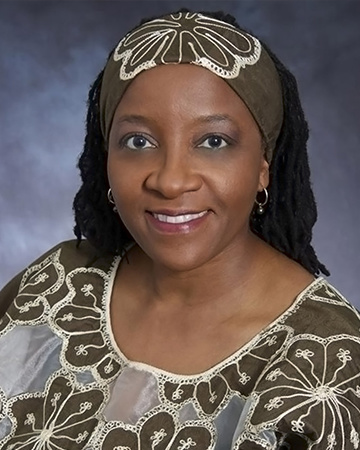On Sept. 15, the University of Southern Mississippi invited Rev. Nontombi Naomi Tutu to perform an online presentation called “Truth and Reconciliation: Healing Wounds”.
Naomi Tutu is the daughter of Desmond Tutu, a South African activist who received the Nobel Peace Prize in 1984. He spent his career fighting against Apartheid, a segregationist law system active in South Africa from 1948 to the early 1990s. As Naomi Tutu also grew up during Apratheid, she saw first-hand the amount of abuse others had to go through.
“Apartheid made your race a determinant for everything,” Tutu explained. “For those who lack knowledge of Apartheid, under the regime, your color determined where you will live, your education, if you could travel around the country and [if you could] be considered a South African resident. Being black or indigenous in South Africa was a determinant of struggle and discrimination.”
The racial violence throughout these decades was especially horrific. There was audible pain in Tutu’s voice while she described stories of South Africans being beaten half to death before being forced to lick up their own blood. Like many, Tutu wanted to distance herself from the tortures the victims of Apartheid went through.
However, Tutu, also knew the only way for South Africa to move forward was to learn the true extent of these crimes. So, in 1995, she founded the Truth and Reconciliation Commission to investigate crimes committed during Apartheid. The three committees of the Commission — the Commission of South Africa, the Amnesty Commission and the Reparations Commission — are designed to both share the stories of and financially support survivors in order to give them justice.
“Trying to distance ourselves from people who commit acts of evil is not the way, but looking through ourselves and look[ing] at our ability to commit evil,” said Tutu.
Tutu discussed how fast normal people are willing to turn against their neighbors- by neighbors anyone in the community. The need for humanity is important for everyone because anyone can act evil. Being black in South Africa was a crime and a path to lifelong oppression.
In addition to talking about past racial violence in South Africa, Tutu talked about current racial violence in the United States. She described the struggle of having black children in the United States, and how she fears that, because of the current state of police brutality, her children will not come home or end up in jail.
However, like with the current reparations being done for victims of Apartheid, Tutu hopes that greater discussion of events like slavery with help the United States






























